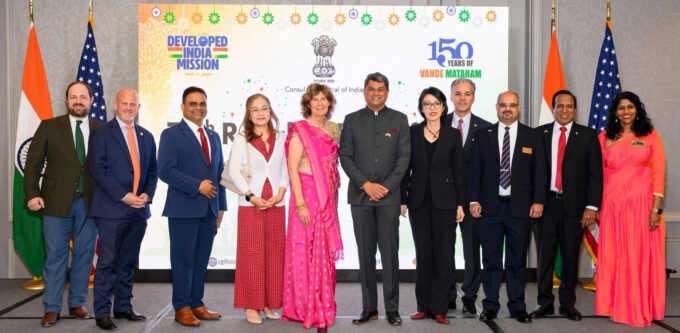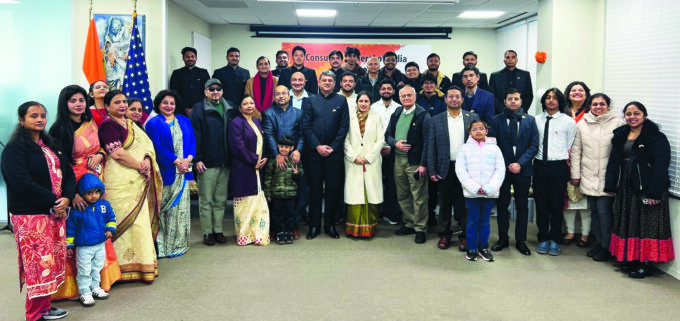
By Elizabeth Brackeen
HOUSTON: When searching for information about cancer, its treatment, side effects, coping or nutrition you can get overwhelmed very quickly and it can be difficult to determine what information is reliable. The best thing you can do is to start with a source that you trust. The National Cancer Institute www.cancer.gov and the American Cancer Society www.cancer.org are both excellent resources for cancer patients and their families. Both of these sites are comprehensive in the cancer information. When those resources have been exhausted and you go searching for more information, it is good to have a critical eye when reading unfamiliar websites. The three most important things to look for are the organization that is providing the information, the date the information was written or last updated and the name of the person who wrote the post or article. In addition to those elements, it is good to be wary of sites that is making amazing claims or sites that want you to pay and also beware of those sites that take your demographic information without telling you what they will and will not be doing with that data. You should look for language that says something like “We will not sell your information to a third party”.
A great place to find website recommendations for any health or medical topic is the National Library of Medicine’s www.medlineplus.gov. The sites listed on MedlinePlus have been evaluated using strict quality guidelines. In addition to great links for health topics, MedlinePlus includes a medical dictionary and medical encyclopedia, tutorials and videos as well as information on drugs, herbs and supplements. If you are preparing for or trying to understand results from lab tests try www.labtestsonline.org to learn more. If you are having an x-ray, CT, MRI, ultrasound, radiation therapy or another radiological procedure, www.radiologyinfo.org will be very helpful. There are a lot of great websites for finding health information and if you are looking more information about a specific type of cancer, try out our Pathfinders at www.MDAnderson.org/tlc for more recommended resources.
If you are on your phone or your tablet, you have even more choices for health information in the App Store and the Play Store. The www.cancer.net mobile app is a good example of what is available for those dealing with cancer. This app can help track medications, symptoms, treatments and side effects and you can write or record questions for your doctor. One last app recommendation is Ask The Nutritionist http://www.dana-farber.org/nutrition-app.aspx You can find great health recipes and read questions and answers from nutritionist such as nutrition tips or information on cancer-fighting nutrients. Keep in mind, no website or app can replace the knowledge of your clinical team. If you are uncertain about something you read online, they are the ones to ask.
Summary of presentation by Elizabeth Brackeen, MS; Senior Librarian, UT MD Anderson Cancer Center, at IACAN’s community education outreach event “Navigating Health Resources” held on Sunday, March 22, at India House.
For further details email atiacannetwork@gmail.com; or call (713) 370-3489; or visit www.iacannetwork.org









Leave a comment